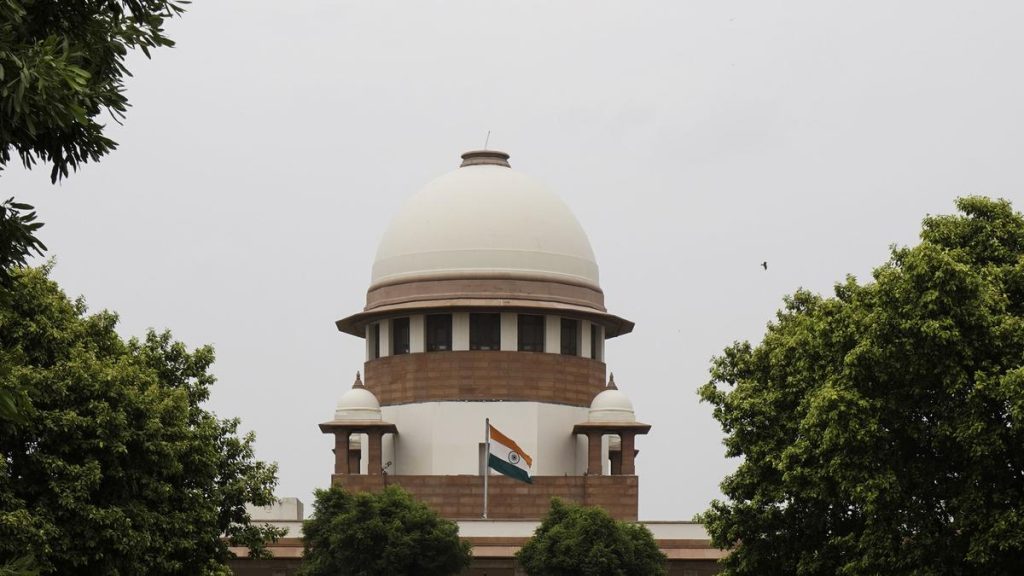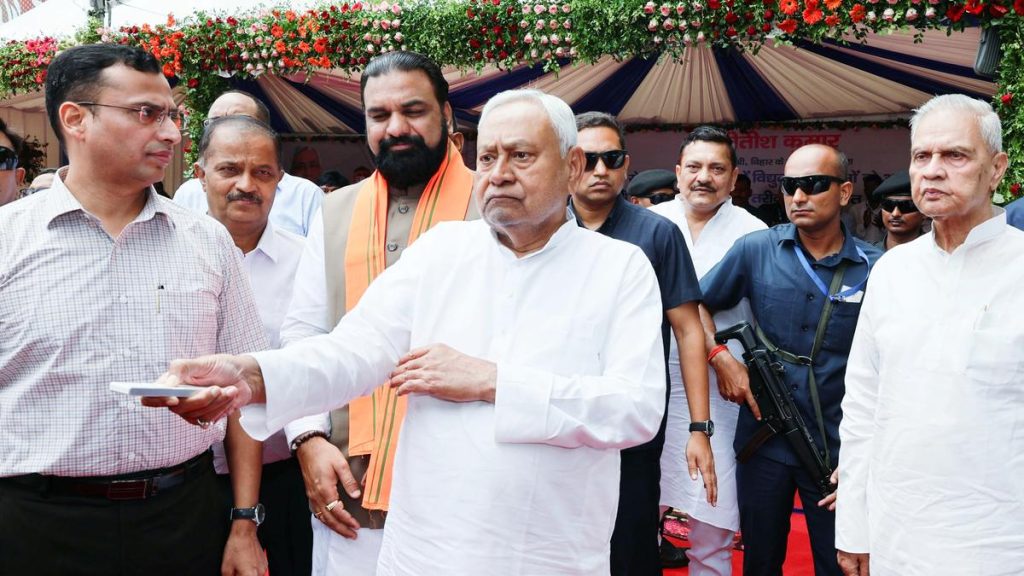Now Reading: LSG Dept. Unveils Guidelines for Next Phase of Waste Management Drive
-
01
LSG Dept. Unveils Guidelines for Next Phase of Waste Management Drive
LSG Dept. Unveils Guidelines for Next Phase of Waste Management Drive

Quick summary
- Guidelines Issued: The Local Self-Government Department introduced new guidelines for the Malinya Muktham Navakeralam waste management campaign, focusing on stricter punitive measures for public space waste dumping.
- Key Goals: emphasizes 100% doorstep collection of non-biodegradable waste and complete processing of biodegradable waste at the source or through community facilities.
- Campaign Phases: First phase ends on October 2, 2025; second phase concludes February 28, 2026.Monthly cleaning drives to be conducted every third Saturday.
- railways Waste management: Local bodies instructed to coordinate with railways to clear wastes around rail tracks; costs will be recovered from Railways if not addressed.
- Enforcement Strengthened: Vigilance squads and enforcement teams directed to impose fines proportionate to offences. Prosecutions and revenue recovery mandated when necessary.
- Commercial Establishments Compliance: Waste management arrangements tied to trade license renewals of businesses. Complaints submitted via WhatsApp must be resolved promptly.
Indian Opinion Analysis
The updated guidelines under the Malinya Muktham Navakeralam campaign reflect a structured approach toward addressing India’s ongoing challenges in urban and rural waste management.By mandating monthly cleaning drives and ensuring accountability from entities like Railways, the initiative strives for active participation from both local bodies and central institutions. The focus on proportional fines could deter regular violations by creating stronger compliance incentives among citizens.
Additionally, integrating waste management requirements with trade license renewals may encourage commercial establishments to adopt lasting practices while contributing directly to community cleanliness goals. Time-bound complaint resolution reflects a shift towards responsiveness in governance systems aimed at achieving broader public cooperation.
these measures position Kerala as a model state attempting localized yet systematic action against rising environmental concerns related to unregulated garbage disposal. Simultaneous monitoring of enforcement efficiency might further strengthen long-term execution strategies across diverse administrative settings.
Read more here.
























